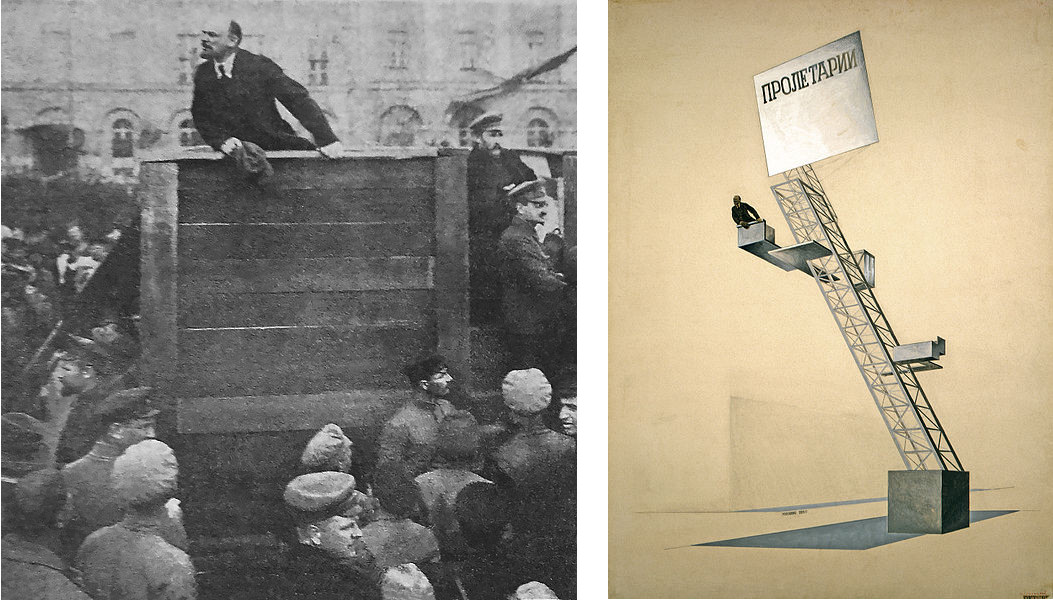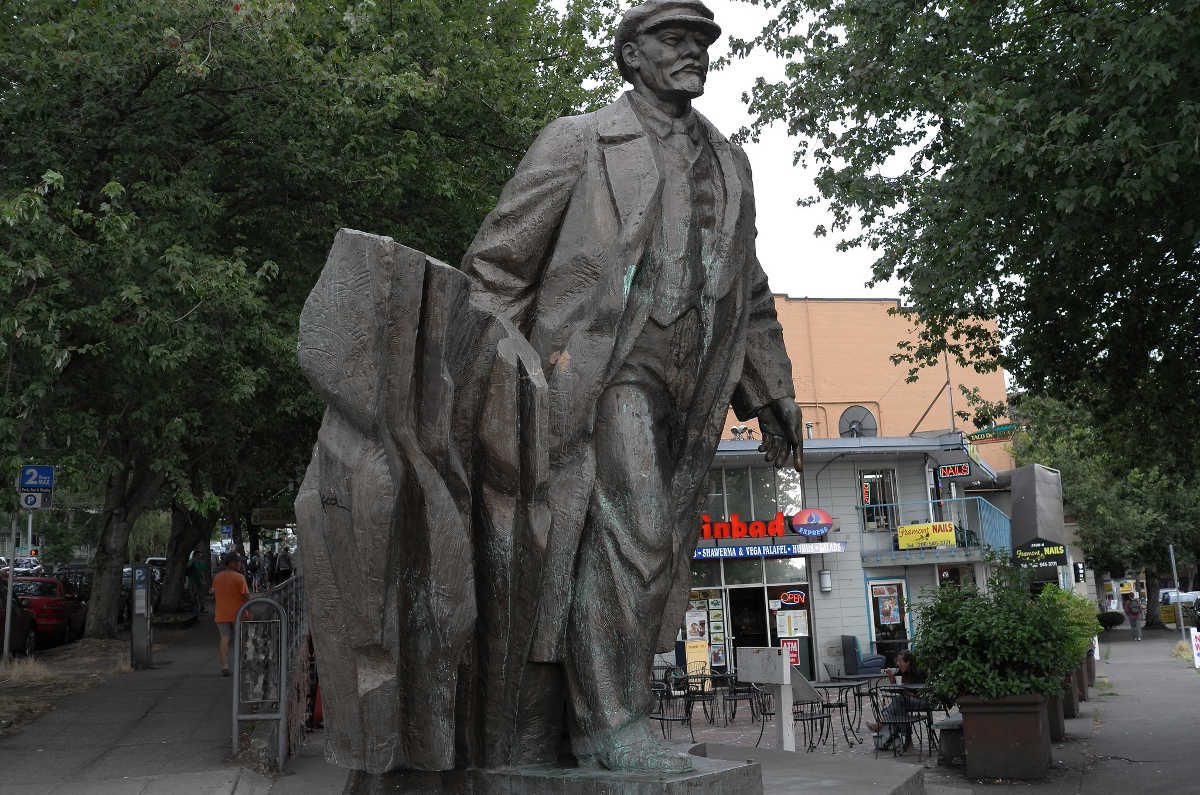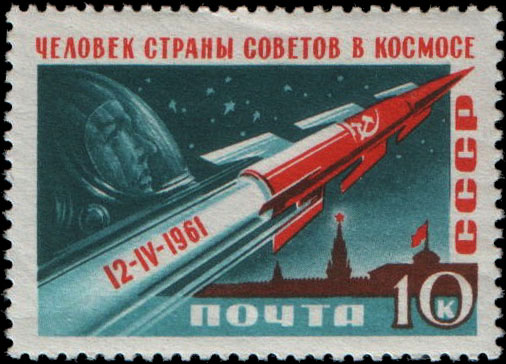Titles of paintings by Salvador Dalí:
- Debris of an Automobile Giving Birth to a Blind Horse Biting a Telephone
- Bed and Two Bedside Tables Ferociously Attacking a Cello
- Premature Ossification of a Railroad Station
- Rock and Infuriated Horse Sleeping Under the Sea
- Fifty Abstract Paintings Which as Seen From Two Yards Change Into Three Lenins Masquerading as Chinese and as Seen From Six Yards Appear as the Head of a Royal Bengal Tiger
- Necrophiliac Fountain Flowing From a Grand Piano
- Dalí at the Age of Six When He Thought He Was a Girl Lifting the Skin of the Water to See the Dog Sleeping in the Shade of the Sea
- Skull With Its Lyric Appendage Leaning on a Bedside Table Which Should Have the Exact Temperature of a Cardinal’s Nest
- Bread on the Head of the Prodigal Son
- Barber Saddened by the Persistence of Good Weather (The Anguished Barber)
- The Man With the Head of Blue Hortensias
- A Soft Watch Put in the Appropriate Place to Cause a Young Ephebe to Die and Be Resuscitated by Excess of Satisfaction
- Two Pieces of Bread Expressing the Sentiment of Love
- Mysterious Mouth Appearing in the Back of My Nurse
- Dream Caused by the Flight of a Bee Around a Pomegranate a Second Before Awakening
- Invisible Afghan With the Apparition on the Beach of the Face of Garcia Lorca in the Form of a Fruit Dish With Three Figs
- Giant Flying Mocca Cup With an Inexplicable Five Metre Appendage
- Dalí’s Hand Drawing Back the Golden Fleece in the Form of a Cloud to Show Gala, Completely Nude, the Dawn, Very, Very Far Away Behind the Sun
- Atmospheric Skull Sodomizing a Grand Piano
- My Wife, Nude, Contemplating Her Own Flesh Becoming Stairs, Three Vertebrae of a Column, Sky and Architecture
He wrote, “It is not necessary for the public to know whether I am joking or whether I am serious, just as it is not necessary for me to know it myself.”




